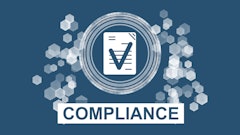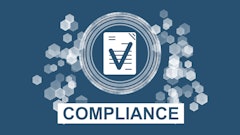
Artificial intelligence (AI)-assisted and deepfake frauds have exploded over the past two years, facing companies and consumers with a new type of scam that is much harder to prevent and recognize.
In fact, according to data presented by AltIndex.com, one-third of businesses have already been affected by AI-assisted fraud, while more than 80% see it as a genuine threat.
Key takeaways:
- A survey from Regula, conducted among over 1,000 fraud detection experts from the United States, the United Kingdom, France, and Germany, shows a sizable chunk of their companies was targeted by one of three AI-assisted advanced identity fraud methods.
- Synthetic identity fraud, where scammers use a combination of real and fake identity components, emerged as the most common scam, with a 46% share among respondents.
- 37% of companies reported cases of voice deepfakes, making it the second most-used AI scam. For now, video deepfakes have been much less common, with only 29% of respondents having experienced such fraud attempts.
- The survey also showed that more than 80% of experts believe the three methods seriously threaten businesses.
“With more and more scammers using AI tools to perform sophisticated attacks, the global cost of cybercrime will rise to all-time highs. According to Statista Market Insight, the global cybercrime cost is expected to hit $9.2 trillion in 2024 or one trillion more than last year,” the study says. “Even more worrying, despite the maximum efforts to prevent and minimize cybercrime damage, this figure is expected to surge by 70% in the following years and hit a shocking $13.8 trillion by 2028.”


























